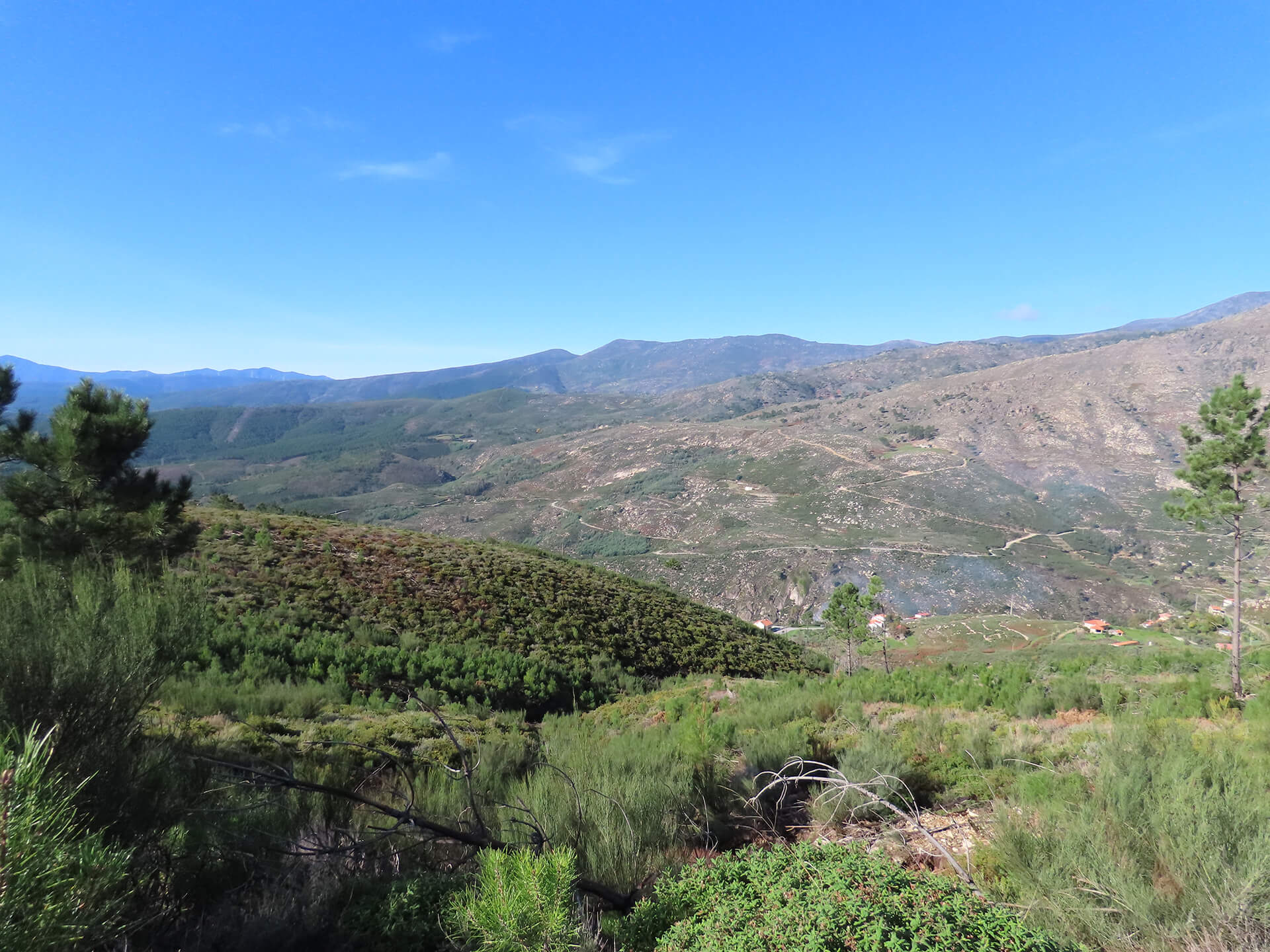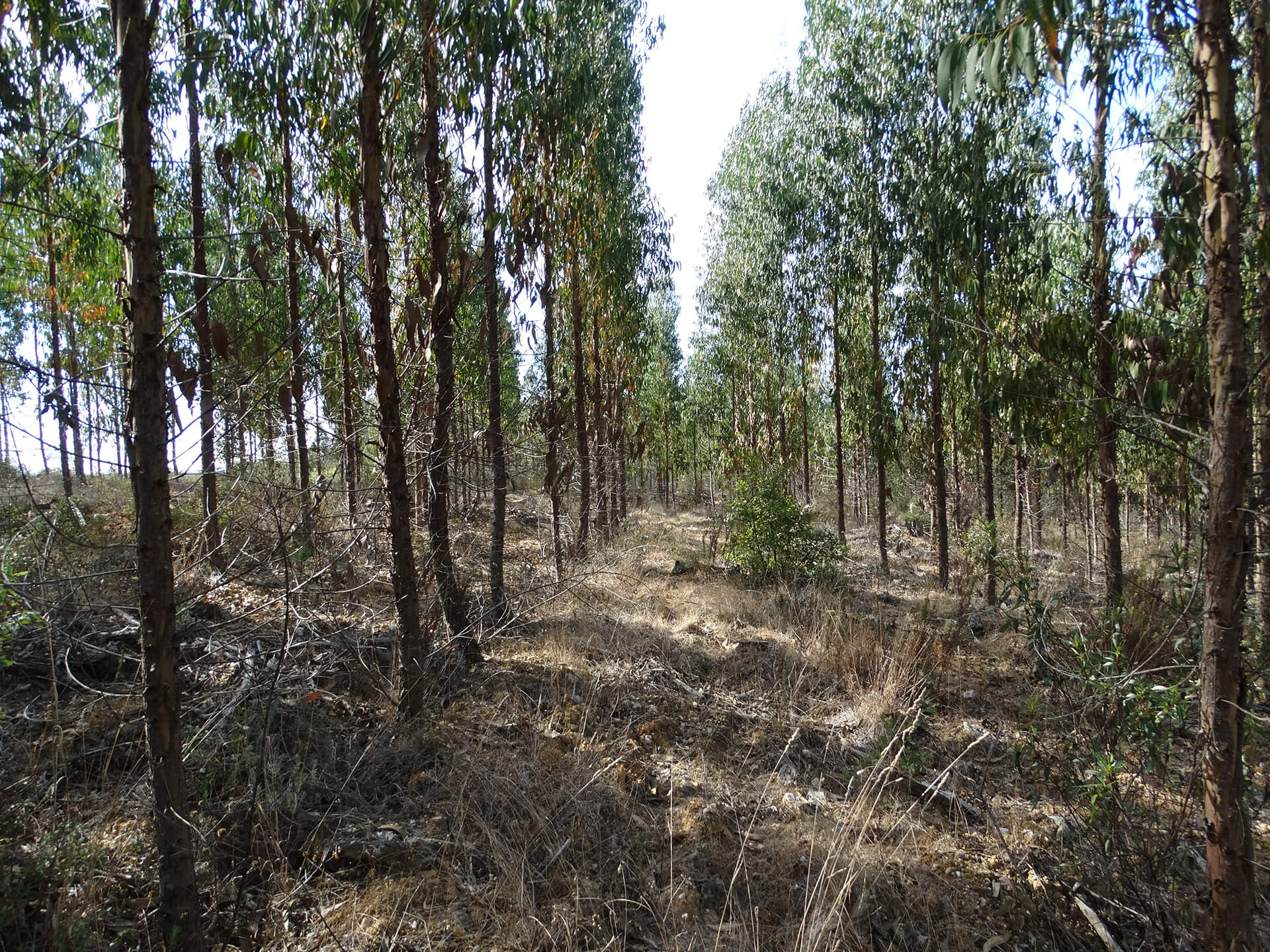
Conversion of native ecosystems to agriculture or forestry systems is considered a major threat to biodiversity. However, the ability of forestry systems to still host wildlife can be promoted by implementing forest certification (FC) management standards, which aim at maintaining forest ecosystem integrity, including biodiversity conservation. Forest Stewardship Council (FSC), is one of the most recognized and used certification schemes, whose role as a promoter of wildlife use of plantations in temperate regions is still largely unknown.
The main objective of ForCe is to understand if forest certification (FC) can foster forestry plantation’s functional and conservation role for vertebrates, in order to improve plantation’s management to conciliate production and nature conservation.


Specifically, we aim to:
1) assess the efficacy of FSC certification to promote Eucalyptus plantations’s (EP) use by vertebrates and as a tool to assure biodiversity persistence in plantations;
2) understand how the structure, composition, and landscape configuration of EP affect its ecological role for mammals (i.e. habitat, connector, or spatial barrier);
3) assess certified forests effects in individual fitness;
4) Understand the motivations and attitudes towards FC – from managers and the general public;
5) produce guidelines that can contribute to promoting the compatibilization of conservation values and production profitability, in a sustainable landscape context.
ForCe uses terrestrial vertebrates (reptiles, birds, and mammals) and medium-sized carnivores as models, in a functional groups approach, implemented in Brazil and Portugal, to allow linking the contribution of functional traits to ecosystem processes and services delivery, and extrapolating results to EP with distinct guild compositions.
Project ForCe is funded by national funds through FCT – Fundação para a Ciência e a Tecnologia, I.P. (https://doi.org/10.54499/2022.03253.PTDC)

